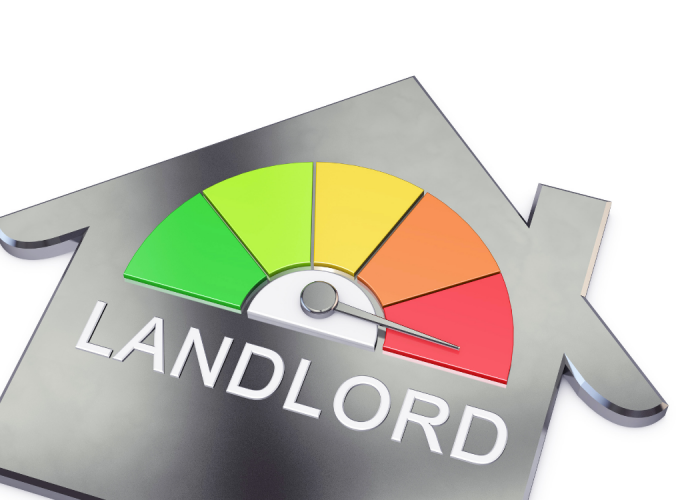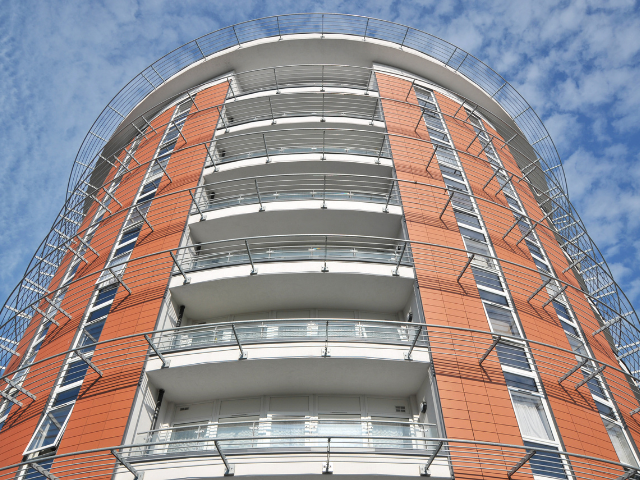
Recently, the Chancellor of the Exchequer Rishi Sunak delivered a ground-breaking UK Budget in the midst of the COVID-19 pandemic. Welcome to our four-part series setting out what this Budget could mean for you when it comes to your properties and investments.
Welcome to the second part of our four-part series covering what the Budget could mean for you when it comes to your properties and investments.
Mortgage Guarantee Scheme
When the pandemic started the number of 95% mortgages available on the market fell from 391 to just three lenders due to the high risk involved. The new Mortgage Guarantee Scheme is designed to combat this by ensuring that the government will guarantee the portion of the mortgage over 80%. In short, the government have promised to partially compensate the lender if a homeowner defaults on their mortgage.
Due to start in April 2021, 95% mortgages are therefore back on the scene with major lenders such as Barclays, HSBC, Lloyds Bank, NatWest and Santander and Virgin Money ready to offer these deals again.
These 95% mortgage schemes mean a low deposit of 5% and are designed to stimulate growth in the first-time buyers’ market. The scheme will be available on new and existing properties priced up to £600,000 and will allow buyers to fix their initial mortgage rate for at least five years.
What you need to know:
- Due to run from April 2021 until 31 December 2022 (it may be extended)
- Open to first-time buyers and home movers across the UK
- Property must be purchased as your home – second homes and buy-to-let properties are not included
- Both new-build and existing properties priced up to £600,000 are eligible
- Mortgage applications must be for a repayment (not interest-only) mortgage
- Borrowing applied for must be between 91% and 95% of the value of the property you’re buying
- Lenders must include the option for a five-year fixed-rate mortgage
Alternatives
90% mortgages are available on the market right now, but the rates are higher than they were before the pandemic. However, they could be lower than rates for 95% mortgages. Other schemes can also help with new property purchases. The Help to Buy scheme offers a 20% equity loan (40% in London) from the government on new-build properties in England. From April, it will be limited to first-time buyers and regional price caps will limit the cost of homes sold under the scheme.
A shared ownership scheme is also an alternative. This scheme involves purchasing a minimum stake of 25% and paying rent on the remaining 75%. Whilst this sounds affordable, the downside is that the monthly costs can be high.
There are also guarantor mortgages, which allow a parent or family member to help you buy a home. Guarantor mortgages usually involve the family member using their home or savings as collateral in case you default on your mortgage, but innovative products such as ‘joint borrower sole proprietor’ mortgages could be an alternative as well.
Articles
Our latest blog articles

Property News and More...
Top Tips on How to Become a More Sustainable Landlord Did you know buildings contribute around 19% of all UK greenhouse gas emissions? The UK go...

What Does A Tenant-Find Service Offer?
It is understandable most landlords are looking for assistance in letting their property. Even if you want to be hands-on in some parts of the process...

Home sales leapt 24% in January as buyers rushed to meet the stamp duty holiday deadline
New provisional figures from HM Revenue & Customs estimate UK residential transactions in January of 121,640. That is 24.1% higher than a year ear...